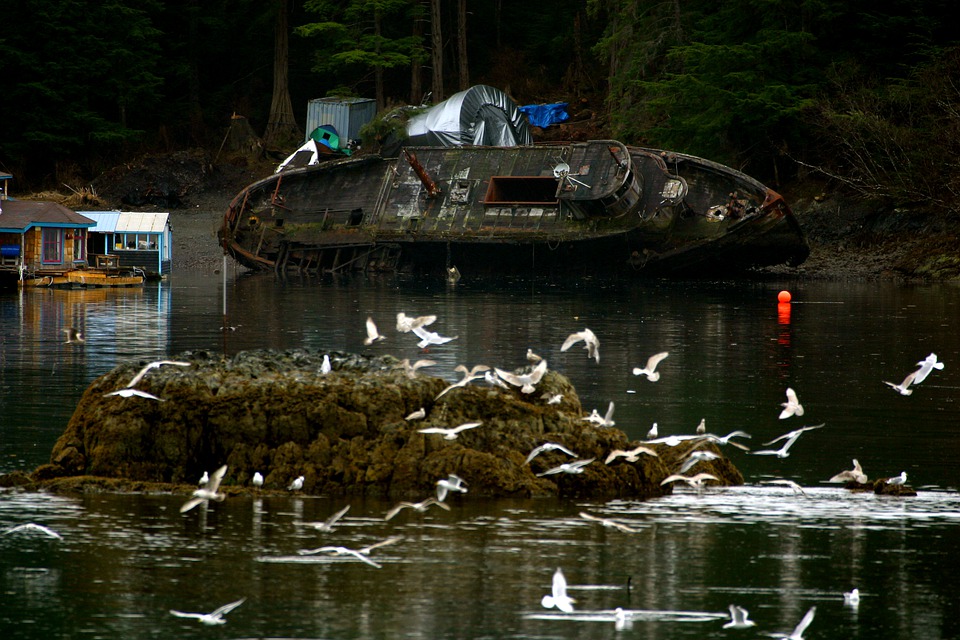Heat waves, snowstorms, excessive rainfalls – we’ve seen almost all extreme weather conditions in these past two to three years. Yet, big named companies continue their harmful practices and have little concern about the devastating carbon footprint they are leaving behind. These unabashed practices are now leading to a more common, man-made phenomenon, that is oil spills.
Oil Spills are happening in lesser intervals than ever before. The most recent one happened on August 11, when a Panama cargo ship split into two, off the coast of Japan. Even though the damage done is not estimated, reports say that the oil has reached the coast of Japan. The crew has been airlifted, leaving the wreckage that is spilling the oil.
What an Oil Spill Results Into
Another spill has been reported in Trinidad and Tobago, and yet another one in Mumbai. These three incidents have very few intervals between them. Recurring oil spills are not only costing marine and freshwater life, but also those whose livelihoods depend on fishing and other sea activities. These spills often cause a reduction in the amount of sunlight made available to aquatic life, among other problems. The imbalance so caused, resulting in the fish migrating to other areas. The worst of all is when this oil enters the food chain organisms, causing a disruption.
The most serious oil spill to occur in the recent past is the Mauritius spill, whose damage remains grave. Around 1000 tonnes of oil has leaked into the area in the incident. The Mauritian marine area is a vital biodiversity hotspot, whose survival now stands threatened.
Inaction From Both Industries And Governments
Big companies who still contribute to problems like these are yet to take action, while lawmakers mull over laws. Large industries address these very laws in a very lackadaisical manner. Instead of changing processes, companies try to pay compensation to settle the anger, much of which comes from locals. Shell did just that – paid a huge sum of $111 million for the Nigerian oil spill that happened in the 1970s.
Environment and marine activists are beyond angered at the delay that exists in holding such influences accountable. Despite the many Friday marches and global agreements and meetings, incidents like these go unregulated. Now that the younger generation is aware of the risks of climate change, it is high time for industries to make changes to their working.




